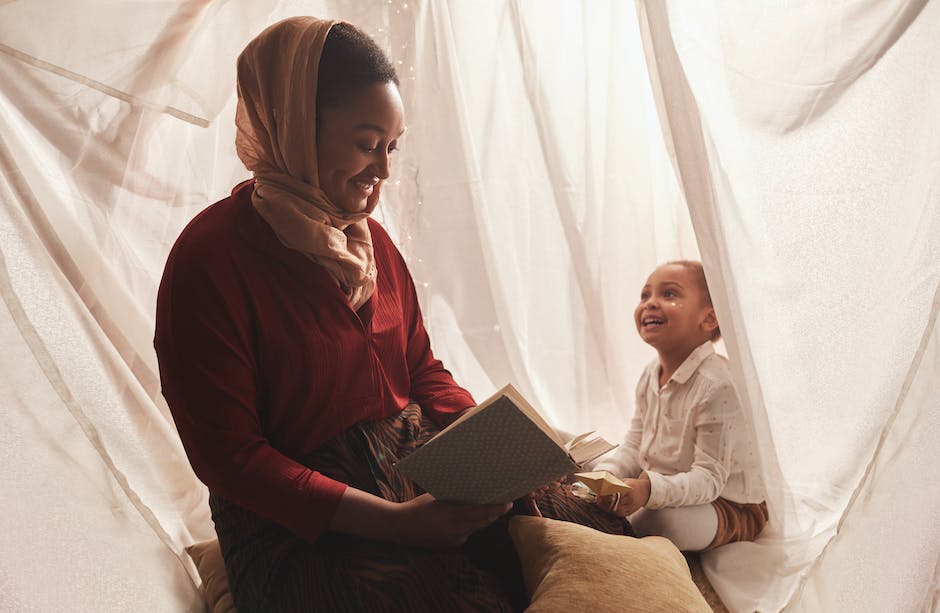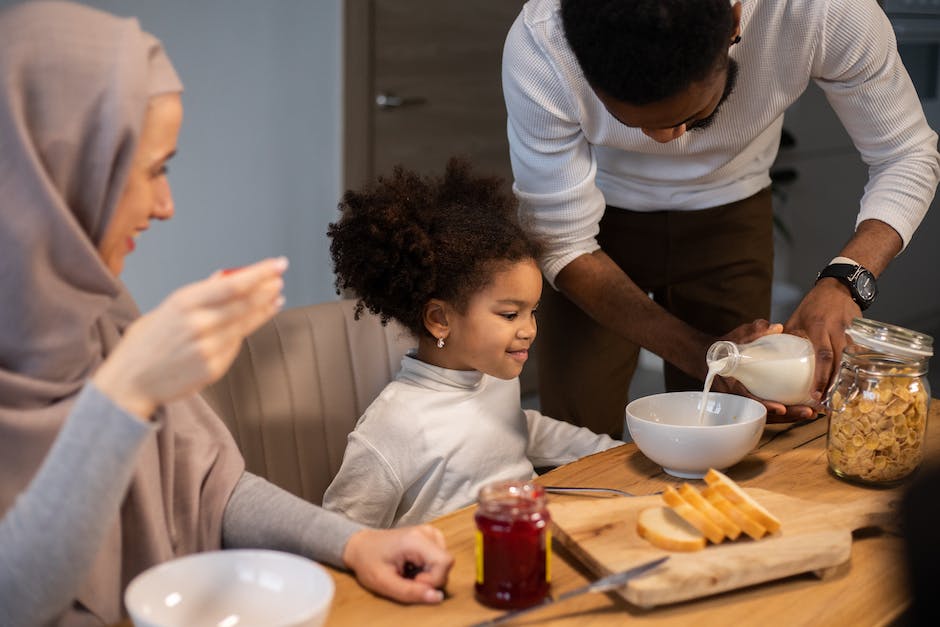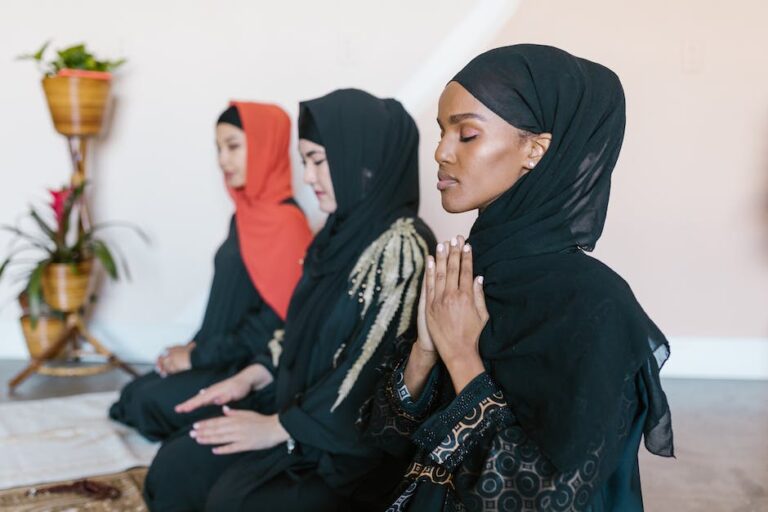Building Strong Family Relationships in Islam: Tips and Advice
Family is the foundational unit in Islam, and strong family relationships are essential for a healthy and balanced society. Islam places a significant emphasis on the rights of family members, encouraging all Muslims to respect and honor their parents, spouses, and children. Moreover, Islam has provided us with clear guidelines on how to maintain healthy family relationships.
One of the most important aspects of building strong family relationships in Islam is to understand the concept of “Sila- rahm,” which translates to “maintaining family ties.” Sila-rahm is a fundamental principle in Islam that stresses the importance of strengthening the bond between family members. The Prophet Muhammad (peace be upon him) emphasized the importance of sila-rahm in many instances, saying, “One who severs the ties of kinship will not enter Paradise.” (Sahih Al-Bukhari) Thus, it is crucial for Muslims to maintain healthy family relationships to ensure the blessings of Allah.
In Islam, strong family relationships are also significant as they help to maintain social stability and facilitate proper upbringing of children. When family members are close-knit and supportive of one another, they can create an environment that fosters healthy and well-rounded individuals who are better equipped to face the challenges of life.

Establishing Communication and Listening Skills
Communication is a key component of building strong family relationships in Islam. Muslims are encouraged to communicate effectively with their family members, especially when resolving conflicts. It is important to create an environment where family members can express their thoughts and feelings without fear of judgment or criticism.
Active listening is also crucial for effective communication in families. When family members listen attentively to each other, they are better able to understand each other’s points of view, which can lead to healthier and more harmonious relationships. It is essential to listen with an open mind and show empathy towards each member’s feelings.
Establishing regular family meetings can also help to improve communication and strengthen family bonds. During these meetings, family members can discuss important matters, plan activities together, and share their opinions and concerns with each other. This practice can foster a sense of unity and belonging within the family, which is essential for building a healthy and well-functioning family unit.

Showing Affection and Appreciation
Islam encourages Muslims to show affection and appreciation to their family members regularly. This can be done in various ways, including hugging, kissing, and saying kind words. In Islam, it is believed that expressing love and appreciation strengthens the bonds between family members. The Prophet Muhammad (peace be upon him) also emphasized the importance of showing affection, stating that “He is not a believer who eats his fill while his neighbor beside him goes hungry.” (Al-Adab Al-Mufrad)
Acts of kindness and generosity towards family members can also demonstrate affection and appreciation. Offering help with household chores, running errands for elderly parents, and giving small gifts are all ways to express love and gratitude towards family members. These gestures of kindness can go a long way in building stronger family relationships.
Resolving Conflicts in a Peaceful Manner
Conflicts are a natural part of any relationship, including family relationships. However, it is essential to resolve conflicts in a peaceful and respectful manner to prevent them from causing long-term damage to family bonds.
In Islam, resolving conflicts involves several steps. The first step is to approach the issue with an open mind and listen to all sides of the argument. Second, it is essential to remain calm and composed, avoiding any hurtful language or behavior. Finally, finding common ground and agreeing on a solution can help to resolve the conflict in a peaceful manner.
Islam also encourages seeking forgiveness and making amends after resolving conflicts. Asking for forgiveness and showing a genuine effort to make things right can help to heal any wounds caused by the conflict. By following these steps, families can strengthen their relationships and create a peaceful and loving environment at home.
Investing Quality Time and Experience Together
Investing quality time in family relationships is vital for creating stronger bonds between family members. Spending time together can strengthen relationships as it provides an opportunity for family members to connect, communicate and share experiences.
One way of investing quality time together is by participating in family activities. This can include engaging in outdoor activities such as hiking or camping, indoor activities such as board games or movie nights, and even volunteering together. Regular family outings and trips can also provide an opportunity for families to bond and create lasting memories together.
Another way to invest quality time in family relationships is to make time for meaningful conversations. This can include talking about each other’s days, sharing opinions and ideas, and discussing values and beliefs. By having these conversations, families can better understand each other and develop a deeper appreciation for one another.
Practicing Forgiveness and Mercy in Family Dynamics
Forgiveness and mercy are essential components of Islam and are crucial in maintaining healthy family relationships. In Islam, forgiveness is seen as a virtue, and it is a way of purifying the soul. Practicing forgiveness in family dynamics can lead to a healthier and happier environment at home.
Forgiveness involves letting go of resentment and negative feelings towards the offending party. When family members make mistakes, it is essential to communicate in a constructive way and try to forgive as soon as possible. Mercy is also crucial in family dynamics, as it involves showing kindness and compassion towards family members when they make mistakes.
It is believed in Islam that we will be rewarded for practicing compassion and forgiveness towards our family members. The Prophet Muhammad (peace be upon him) has said, “The merciful ones are shown mercy by the Most Merciful (Allah). Have mercy on those who are on earth, and the One who is in Heaven will have mercy upon you.” (Sunan At-Tirmidhi)
In conclusion, building strong family relationships in Islam requires effort, time, and commitment. Through effective communication, forgiveness, and investing quality time together, Muslim families can create a supportive and loving environment that fosters healthy and well-rounded individuals. May Allah bless our families and bring us closer to each other.







